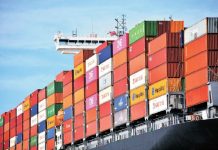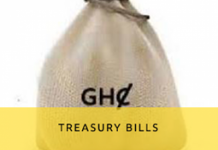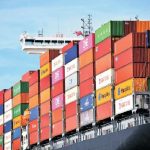Dr. Matthew Opoku Prempeh, commonly known as NAPO, has unveiled the government’s plans to equip auto mechanics with the skills needed to keep pace with the evolving automotive industry in Ghana.

During a meeting with the leadership of garages at Suame Magazine in the Suame Constituency on Thursday, November 28, Dr. Prempeh, who is the running mate of the New Patriotic Party (NPP), stressed the importance of preparing mechanics for the global shift toward digitalization in the automotive sector.
He emphasized that the government is committed to providing auto mechanics with the essential training and tools to stay relevant as Ghana braces for the anticipated automotive revolution.
“Our goal is to ensure that Ghanaian mechanics are not left behind as the global automotive industry moves towards digitalization,” he stated, stressing the need to prevent job redundancy in the sector through proper training and capacity-building initiatives.
“In a few years, these vehicles that you are repairing would be phased out of the system as the global auto industry is heading to the manufacturing of electronic cars.
“Because the NPP has the interest and the welfare of the auto mechanics at heart, we have already started the training of auto mechanics through funding by the government under Technical and Vocational Education and Training (TVET) so that you will still be useful,” Dr Prempeh announced.
He added, “The manufacturing of these old cars will definitely stop soon. We shall therefore support garages to get prepared for the digital era so you don’t lose out in business.”
NAPO also said the challenges facing importers in the country, regarding the constant changes of import duties at the nation’s port of entry, would soon be a thing of the past.
“Import duties keep changing at the ports, and this creates problems for importers. Dr. Bawumia, when elected as president, will introduce a fixed-duty system to stop this problem.
“With the fixed duty, you will know the cost of your duty before the container carrying your goods arrives at the port. This will help you to plan well. It’s for credibility and stability.”
























































![[FREE FREE MONEY] Predict and Win a Guaranteed GH¢200 From Us EVERY WEEK](https://wordpress.ghanatalksradio.com/wp-content/uploads/2022/02/Predict-and-Win-Final-09-03-2021-218x150.jpg)
![[Predict & Win – 8th/Oct.] WIN A Guaranteed ¢200 From Us This Week](https://wordpress.ghanatalksradio.com/wp-content/uploads/2021/10/maxresdefault-16-218x150.jpg)
![[Predict & Win – 2nd] WIN A Guaranteed ¢200 From Us This Week](https://wordpress.ghanatalksradio.com/wp-content/uploads/2021/09/maxresdefault-50-218x150.jpg)
![[Predict & Win – 25th] WIN A Guaranteed ¢200 From Us This Week](https://wordpress.ghanatalksradio.com/wp-content/uploads/2021/09/maxresdefault-36-218x150.jpg)
![[Predict & Win – 18th] WIN A Guaranteed ¢200 From Us This Week](https://wordpress.ghanatalksradio.com/wp-content/uploads/2021/09/maxresdefault-23-218x150.jpg)









![[National cathedral] See full list of churches that have contributed since 2018](https://wordpress.ghanatalksradio.com/wp-content/uploads/2020/09/Ghana-National-Cathedral-GhanaTalksRadio-100x70.jpg)



